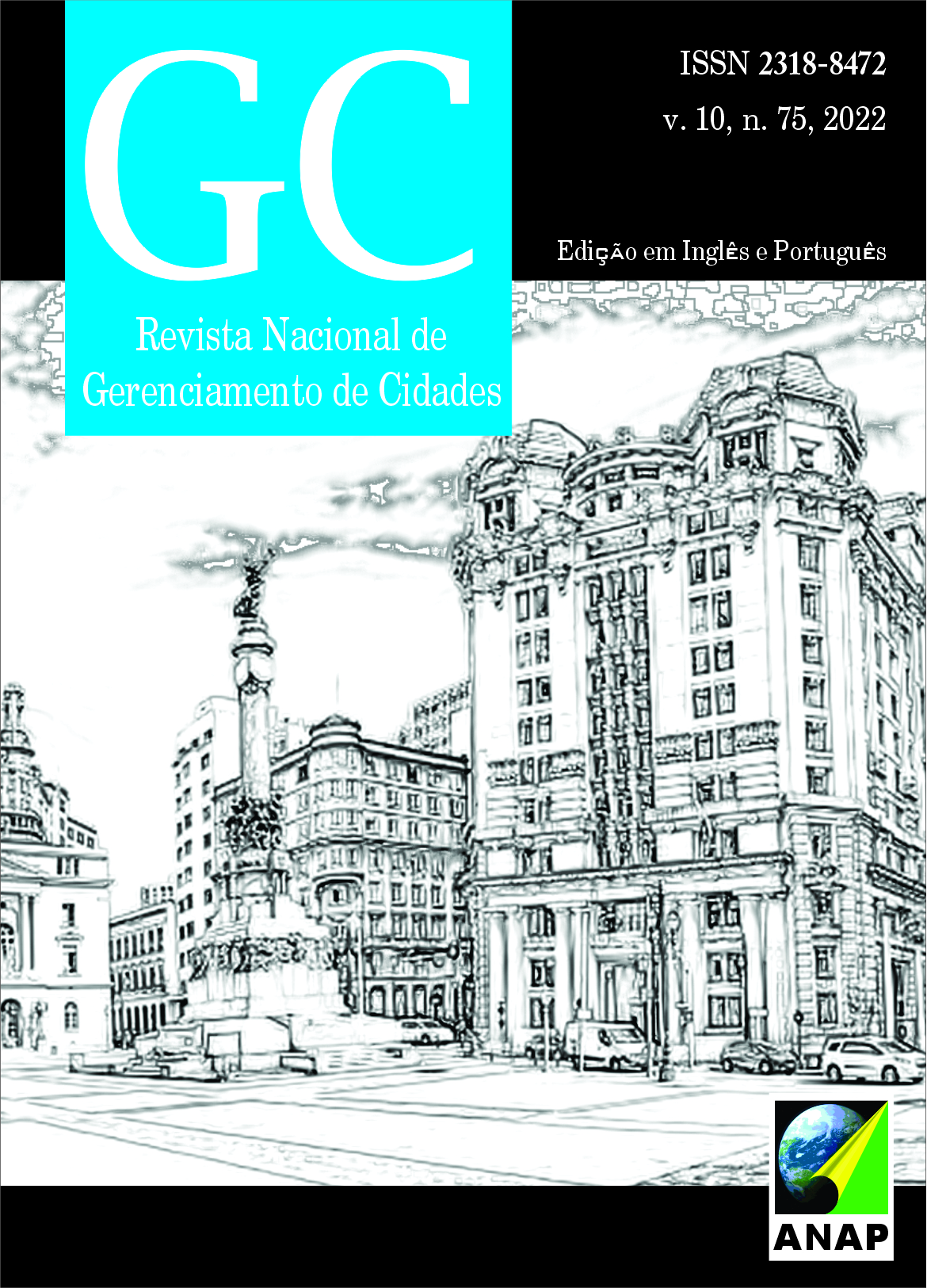Development of indicators to assess waste management sustainability at construction sites in the city of Recife, Brazil
DOI:
https://doi.org/10.17271/23188472107520222847Resumen
Civil construction activities promote a considerable increase in waste generation which negatively impacts the environment. Although there are sustainable technologies and practices for reusing these wastes, the disposal and inappropriate destination of these wastes still prevails. Faced with this problem, this article presents a development of indicators to assess sustainability at construction sites. Thus, 30 sustainability indicators related to solid waste management at construction sites were prepared, divided into six matrices, and related to construction management, documentation control, waste segregation and initial conditioning, waste transport and final conditioning, final destination and hazardous waste management, as based on CONAMA Resolution no. 307/2002. The indicators composed six sub-indices to enable assessing sustainability and the composition of a final sustainability index. The diagnosis of the result by group of indicators shows that the focus on waste transport and final conditioning obtained the highest sustainability degree by the projects studied, while the lowest degree of sustainability presented by the projects was observed in the construction waste segregation and initial conditioning matrix.















